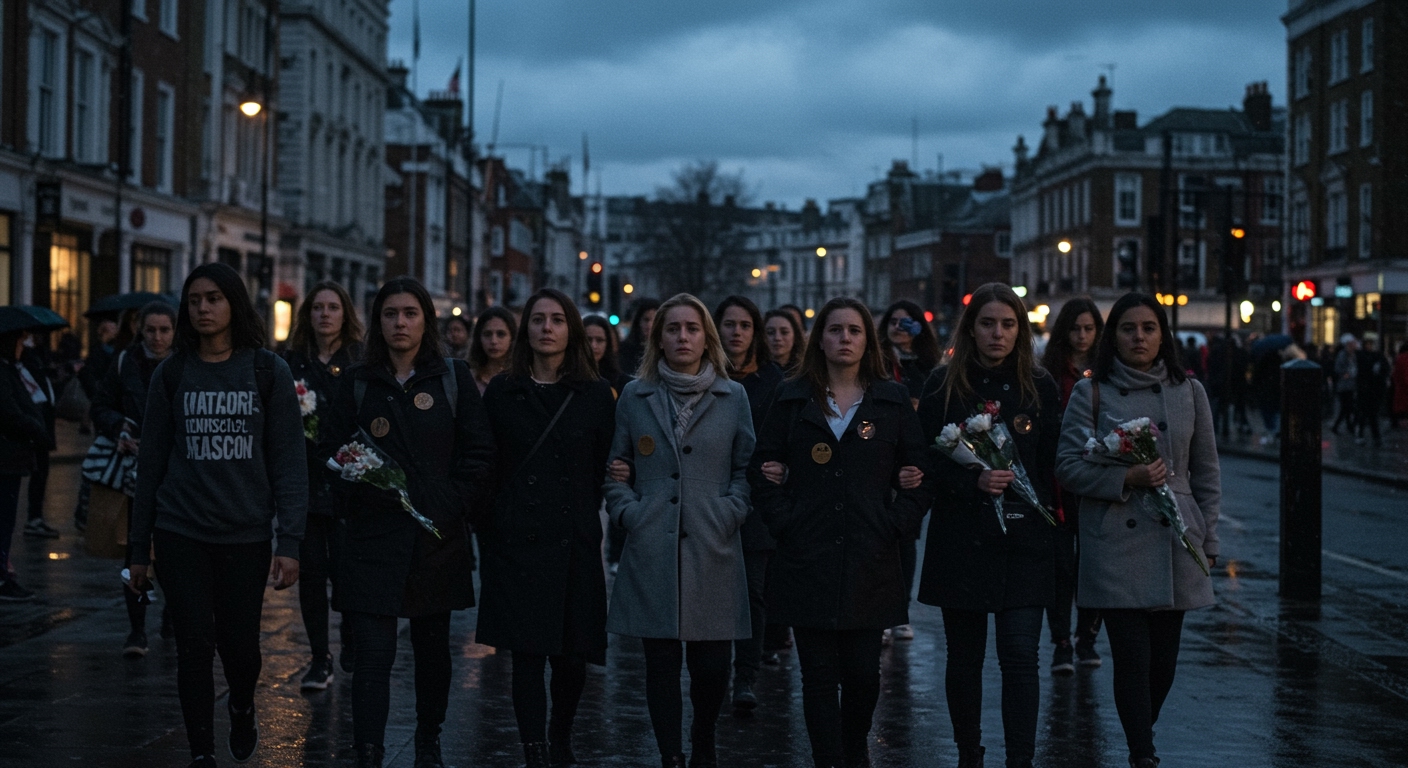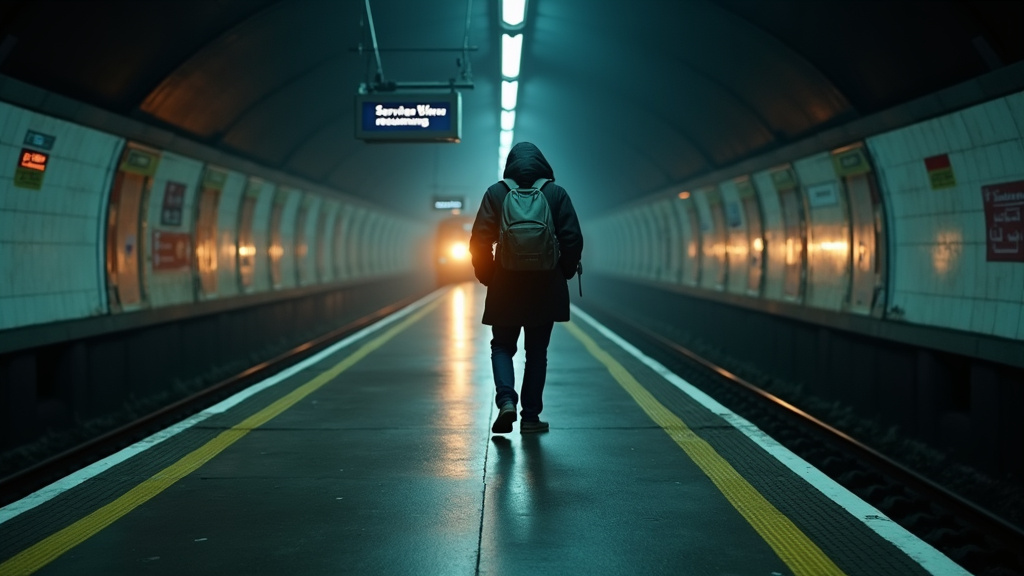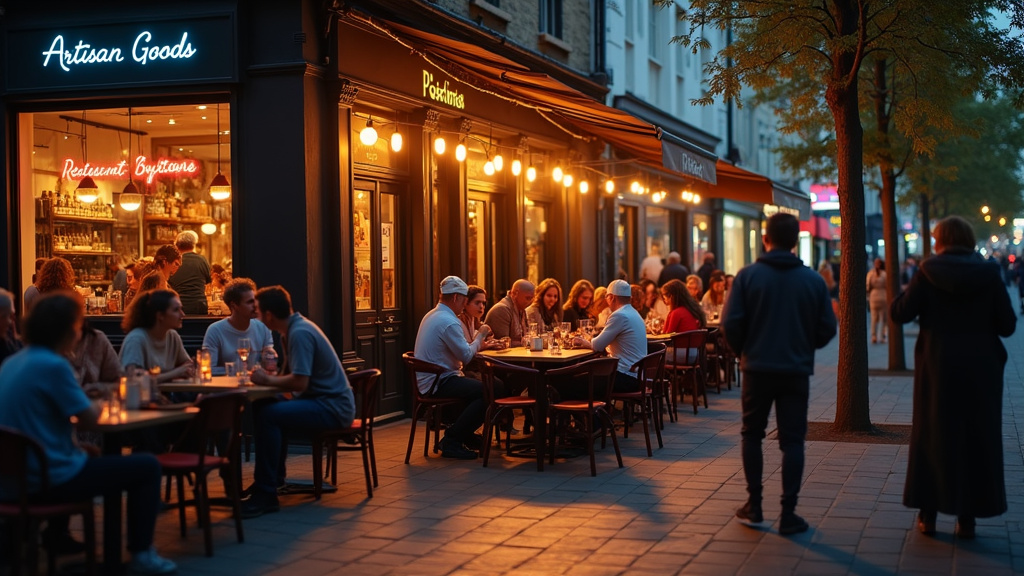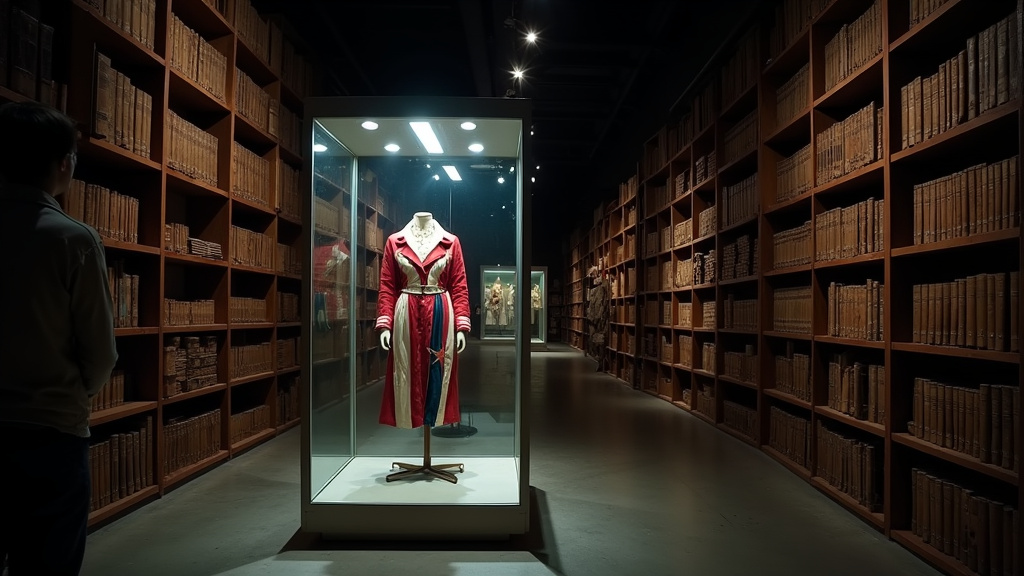London, UK – Years after the brutal murder of Zara Aleena sparked widespread condemnation and promises of action, mourners gathered in London on Sunday, June 29, 2025, to pay tribute to her memory and amplify calls for greater safety for women across the United Kingdom.
The vigil, held under somber skies, was led by Aleena’s aunt, Farah Naz, who delivered a powerful message asserting that her niece’s tragic death had unexpectedly positioned her as a poignant symbol.
‘Zara has become a symbol of what needs to be different,’ Naz stated, her voice resonating with both grief and determination. ‘And also of what’s possible.’ Her words underscored the dual nature of Aleena’s legacy – a stark reminder of societal failures and a beacon for potential progress in the fight against gender-based violence.
Political Calls for Accountability
The gathering drew political figures who reinforced the urgent need for tangible change. Wes Streeting, Aleena’s local Member of Parliament and the Shadow Secretary of State for Health, joined Justice Minister Alex Davies-Jones in addressing the attendees. Both urged those present and the wider public to maintain pressure on the government to fulfill its commitments aimed at tackling violence against women.
A key commitment highlighted was the ambitious target to halve violence against women and girls within the next decade. Speakers emphasized that achieving this goal requires sustained effort, robust policy implementation, and genuine accountability from government departments and public institutions.
Organizers Point to Persistent Failures
Vigil organizers, who have been at the forefront of advocating for systemic reform since Aleena’s death, acknowledged that some steps forward have been taken. They specifically noted improvements in areas such as the probation system, emergency call handling, and the development of offender risk assessment tools since the time of Aleena’s murder.
Despite these incremental gains, organizers delivered a stark assessment of the current situation, warning that women in the UK still do not feel safe. Their concerns extended beyond specific procedural improvements, focusing instead on deeper, more pervasive societal issues.
They highlighted that a misogynistic culture continues to persist insidiously within institutions and on streets nationwide. This cultural environment, they argued, normalizes and perpetuates attitudes that underpin violence and harassment against women.
Furthermore, organizers criticized the current approach to tackling violence against women, stating that prevention remains secondary to response. They contended that insufficient resources and attention are directed towards proactive measures aimed at stopping violence before it occurs, with the focus often defaulting to reactive interventions after harm has already been inflicted.
Underfunded Specialist Services
A significant barrier to effective support and prevention, organizers stressed, is the continued underfunding of specialist services. These services, which provide crucial support to survivors of violence and work towards prevention, are often stretched thin and unable to meet the significant demand.
The situation is particularly acute for black and minority women, who frequently face additional systemic barriers and specific forms of discrimination. Organizers underscored that specialist services tailored to the unique needs of these communities remain disproportionately under-resourced, leaving vulnerable women without adequate support.
Remembering Zara Aleena
The vigil itself was a poignant act of remembrance and protest. Following the speeches and reflections, attendees participated in a moment of quiet reflection, contemplating the loss of Zara Aleena and the ongoing struggle for safety. The gathering concluded with a walk from the site where Ms. Aleena was tragically murdered back to her home, a symbolic retracing of her final steps and a collective demonstration of resolve.
The event served as a powerful reminder that while specific reforms may be underway, the fundamental safety of women in the UK remains an urgent, unresolved challenge, requiring sustained political will, cultural shifts, and adequate investment in preventative measures and support services.





